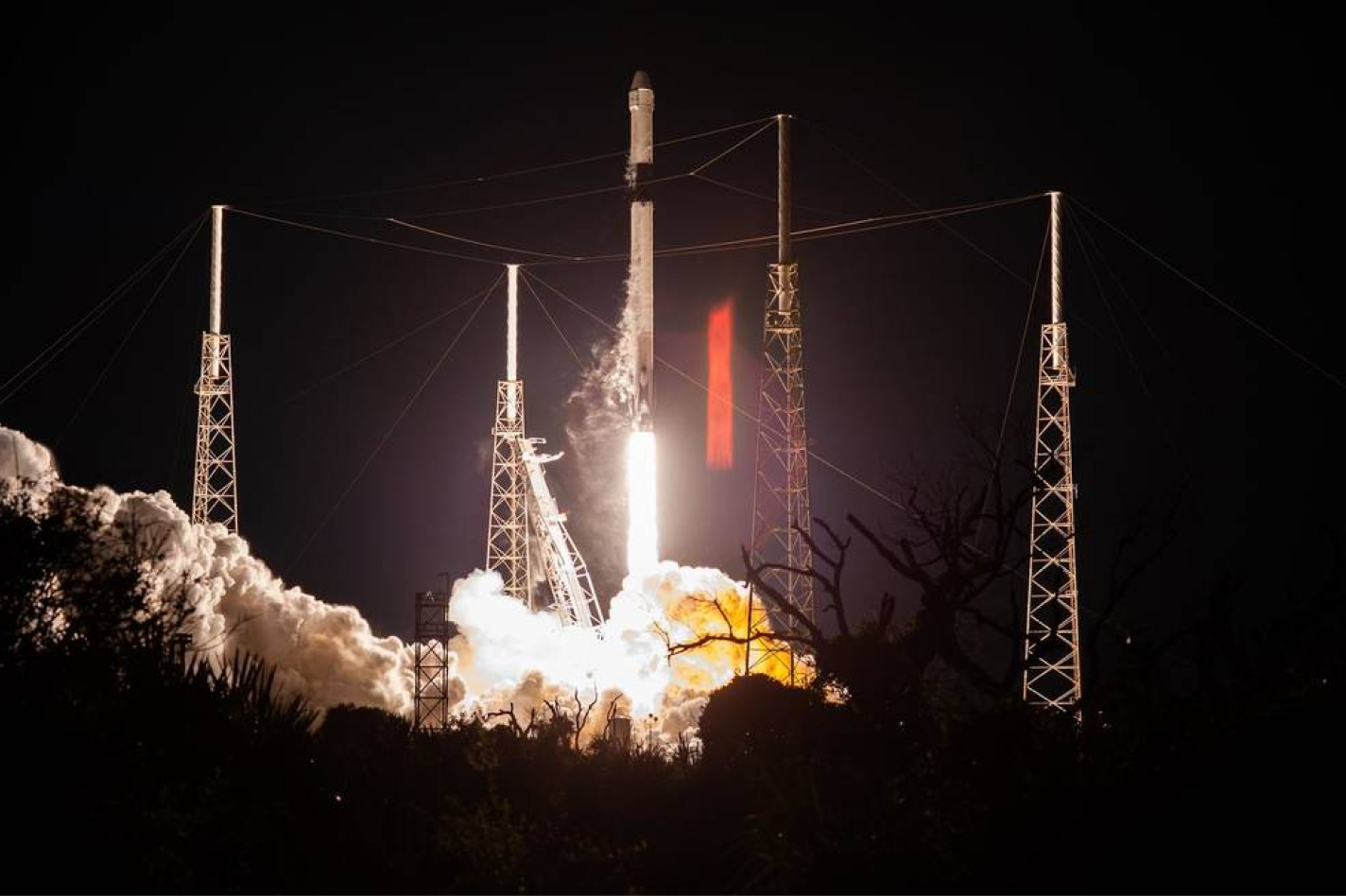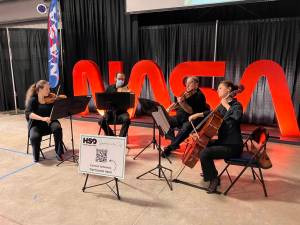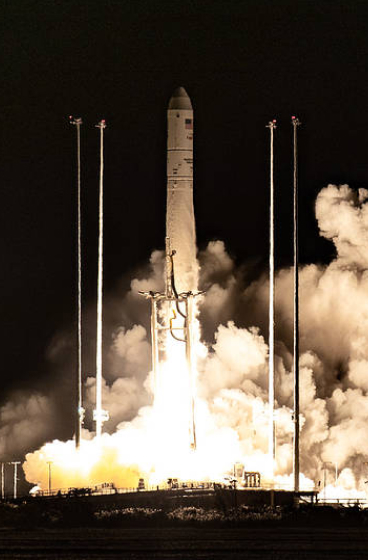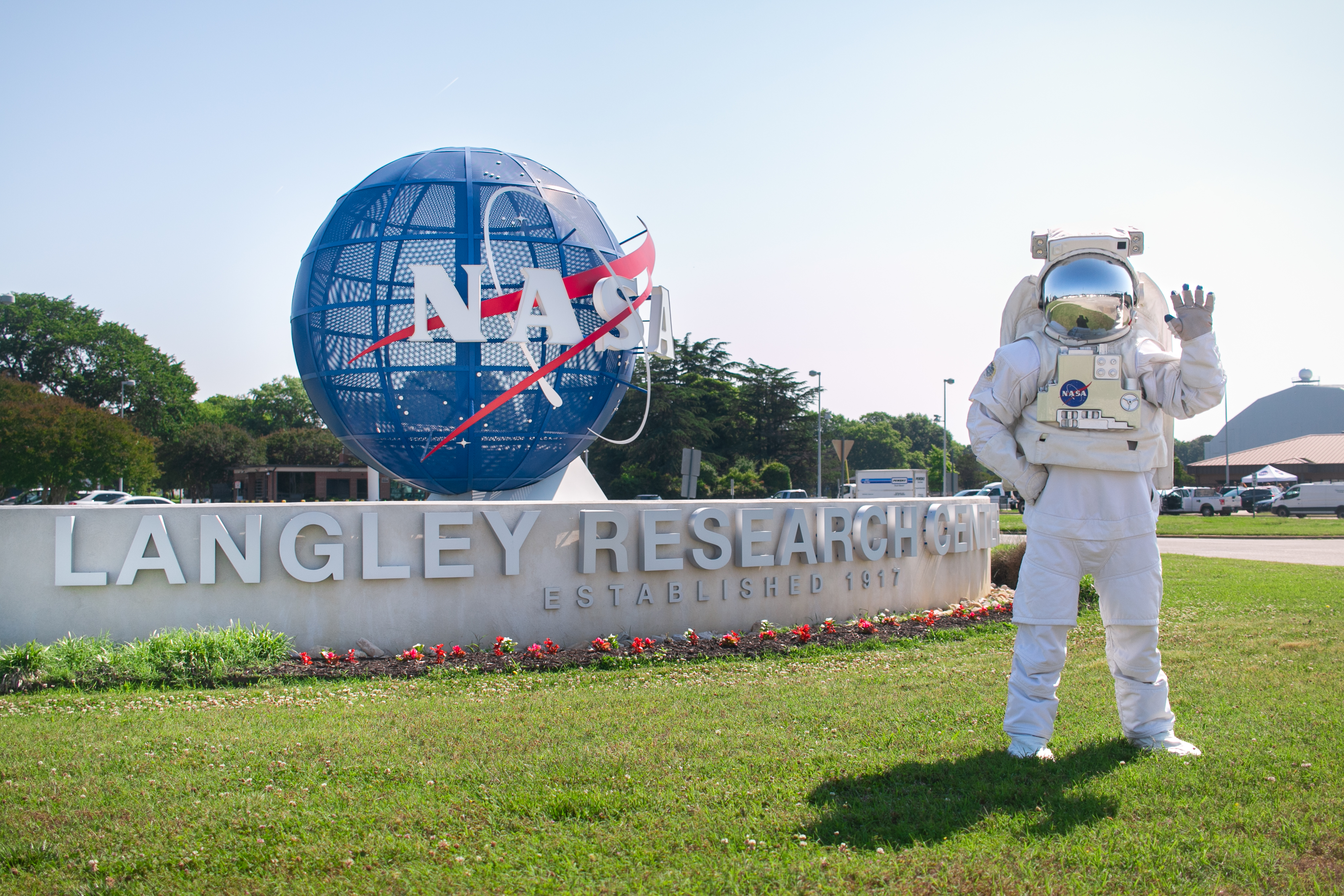ASSURE 2023
ASSURE 2023
8th International Workshop on Assurance Cases for Software-intensive Systems
Toulouse, France
September 19, 2023
ASSURE 2023 is live
UPDATES
- 2023-05-30: Notifications sent to authors
- 2023-05-01: Submission deadline extended to May 15
- 2023-04-20: The ASSURE 2023 website is live!
Introduction
The 8th International Workshop on Assurance Cases for Software-intensive Systems (ASSURE 2023) is being collocated this year with SafeComp 2023, and aims to provide an international forum for high-quality contributions on the application of assurance case principles and techniques to provide confidence that the dependability properties of critical software-intensive systems have been met. ASSURE 2023 will be hybrid and run on Central European Time (CET).
The main goals of the workshop are to:
- Explore techniques for the creation and assessment of assurance cases for software-intensive systems
- Examine the role of assurance cases in the engineering lifecycle of critical systems
- Identify the dimension of effective practice in the development and evaluation of assurance cases
- Investigate the relationship between dependability techniques and assurance cases
- Identify critical research challenges and define a roadmap for future development
We invite high-quality research, practice, tools, and position papers, as well as papers containing new, forward-looking ideas and emerging results, works-in-progress, and reflections on current research examined through new perspectives, calling for future research directions. See the full Call for Papers, for more details on topics. Also view the submission deadlines, and guidelines.
2023 ASSURE – SASSUR Joint Workshop Program
8:00 9:00
Registration
9:00 9:05
Welcome
9:05 10:00
Welcome Keynote – Safety Cases: in Theory and Reality
Philippa Ryan Conmy
10:00 10:30
Coffee Break
10:30 11:00
Invited Talk – Driving the Development Process from the Safety Case
Christopher Hobbs, Simon Diemert, and Jeff Joyce
11:00 11:30
Computer-Aided Generation of Assurance Cases
T.E. Wang, C. Oh, M. Low, I. Amundson, Z. Daw, A. Pinto, M.L. Chiodo, G. Wang, S. Hasan, R. Melville, P. Nuzzo
11:30 12:00
RACK: A Semantic Model and Triplestore for Curation of Assurance Case Evidence
A. Moitra, P. Cuddihy, K. Siu, D. Archer, E. Mertens, D. Russell, K. Quick, V. Robert, B. Meng
12:00 13:00
Lunch
13:00 13:30
Using Assurance Cases to Prevent Malicious Behaviour from Targeting Safety Vulnerabilities
V. Bandur, M. Lawford, S. Mosser, R. Paige, V. Pantelic, A. Wassyng
13:30 14:00
Constructing Security Cases Based on Formal Verification of Security Requirements in Alloy
M. Zeroual, B. Hamid, M. Adedjouma, J. Jaskolka
14:00 14:30
Assurance Cases for Timing Properties of Automotive TSN Networks
R. Kapinski, V. Pantelic, V. Bandur, A. Wassyng, M. Lawford
14:30 15:00
A Methodology for the Qualification of Operating Systems and Hypervisors for the deployment in IoT devices
I. Bicchierai, E. Schiavone, M.L. Itria, L. Falai, A. Bondavalli
15:00 15:30
Coffee Break
15:30 16:00
Toward Dependability Assurance Framework for Autonomous Systems
Y. Matsuno, T. Takai, M. Okada, T. Tsuchiya
16:00 16:45
Concluding Keynote – NASA’s Office of Safety and Mission Assurance (OSMA) Vision for an Objectives-Driven,
Risk-Informed, and Case-Assured Framework
A. Diventi
16:45
Conclusion
Important Dates
Paper submission: 15 May 2023 2 May 2023
Author notification: 25 May 2023
Camera-ready papers: 5 June 2023
Workshop: 19 September 2023
Call for Papers
Software plays a key role in high-risk systems, e.g., safety and security-critical systems. Assurance cases have been recommended or mandated for software-intensive systems in a number of domains, and are a promising way forward for assurance of autonomous systems. The goals of the 2023 Workshop on Assurance Cases for Softwareintensive Systems (ASSURE 2023) are to:
- explore techniques for creating and assessing assurance cases for software-intensive systems, especially those enabling autonomy, including structured argumentation, graphical notations, narrative forms, etc.
- examine the role of assurance cases in the engineering lifecycle of critical systems;
- identify the dimensions of effective practice in the development and evaluation of assurance cases;
- investigate the relationship between dependability techniques and assurance cases; and,
- identify critical research directions, define a roadmap for future development, and formulate challenge problems.
The workshop will be hybrid, and run on Central European Time (CET).
We solicit high-quality contributions (research, practice, tools, and position papers) on the application of assurance case principles and techniques to assure that the dependability properties of critical software-intensive systems have been met. ASSURE 2023 additionally solicits papers that contain new, forward-looking, ideas with emerging results and concrete plans for comprehensive empirical validation, works-in-progress, as well as reflections that examine current research under a new lens, calling for future research directions. Papers should attempt to address the workshop goals in general.
Topics of interest include, but are not limited to:
- Assurance issues in emerging paradigms, e.g., autonomous and AI-based systems, including self-driving cars, unmanned aircraft systems, complex health care and decision making systems, etc.
- Standards: Industry guidelines and standards are increasingly requiring the development of assurance cases, e.g., the automotive standard ISO 26262, the FDA guidance on the total product life cycle for infusion pumps and the OMG standard on argumentation (Structured Assurance Case Metamodel, SACM).
- Certification and Regulations: The role and usage of assurance cases in the certification of critical systems, as well as to show compliance to regulations.
- Empiricism Empirical assessment of the applicability of assurance cases in different domains and certification regimes.
- Dependable architectures: How do fault-tolerant architectures and design measures such as diversity and partitioning relate to assurance cases?
- Dependability analysis: What are the relationships between dependability analysis techniques and the assurance case paradigm?
- Safety and security co-engineering: What are the impacts of security on safety, particularly safety cases and how can safety and security cases (e.g., as proposed in ISO 26262 and J3062 respectively) be reconciled?
- Tools: Using the output from software engineering tools (testing, formal verification, code generators) as evidence in assurance cases / using tools for the modeling, analysis and management of assurance cases. More generally, the role of formal verification in the wider context of assurance.
- Application of formal techniques for the creation, analysis, reuse, and modularization of arguments. Exploration of relevant techniques for assurance cases for real-time, concurrent, and distributed systems.
- Assurance of software quality attributes, e.g., safety, security and maintainability as well as dependability in general, including tradeoffs, and exploring notions of the quality of assurance cases themselves.
- Domain-specific assurance issues, in domains such as aerospace, automotive, healthcare, defense and power.
- Reuse and Modularization: Contracts and patterns for improving the reuse of assurance case structures.
- Relations between different formalisms and paradigms of assurance and argumentation, such as Goal Structuring Notation, STAMP, IBIS, and goal-oriented formalisms such as KAOS.
Submission
Submission Guidelines
Papers will be peer-reviewed by at least 3 program committee members, and accepted papers will be published in the SAFECOMP 2023 Workshop proceedings, to be published by Springer in the Lecture Notes in Computer Science (LNCS) series.
- All papers must be original work not published, or in submission, elsewhere. Submission will be via EasyChair.
- Papers should be submitted in PDF only. Please verify that papers can be reliably printed and viewed on screen before submission.
- Papers should conform to the LNCS paper formatting guidelines.
- Regular (research, or practice), Tools, and Experience papers can be up to 10 pages, including figures, references, and any appendices. Note that authors of accepted tools papers will be expected to give a demonstration of the tool(s) at the workshop. Papers describing the experience of an organization in developing assurance cases are particularly welcome.
- Position papers, and papers presenting new ideas, works-in-progress, and emerging results can be 6 pages, including figures, references, and any appendices.
Committees
Workshop Chairs
- Ewen Denney, KBR / NASA Ames, USA
- Ibrahim Habli, University of York, UK
- Ganesh Pai, KBR / NASA Ames, USA
Program Committee
- Chih-Hong Cheng, Fraunhofer IKS and TU Munchen, Germany
- Alan Wassyng, McMaster University, Canada
- Philippa Ryan Conmy, University of York, England
- Irfan Sljivo, KBR/NASA Ames Research Center, USA
- Martin Feather, JPL, USA
- Yoshiki Kinoshita, Kanagawa University, Japan
- Kenji Taguchi, National Institute of Informatics, Japan
- Daniel Schneider, Fraunhofer, Germany
- Simon Burton, Fraunhofer Institute for Cognitive Systems, Germany
- Sean White, NHS, England
Contact Us
8th International Workshop on Assurance Cases for Software-intensive Systems
Toulouse, France
September 19, 2023
If you have questions about paper topics, submission and/or about ASSURE 2023 in general, please contact the Workshop Organizers.
Keep Exploring
Discover Related Topics
Powered by WPeMatico
Get The Details…
Sam Kim














